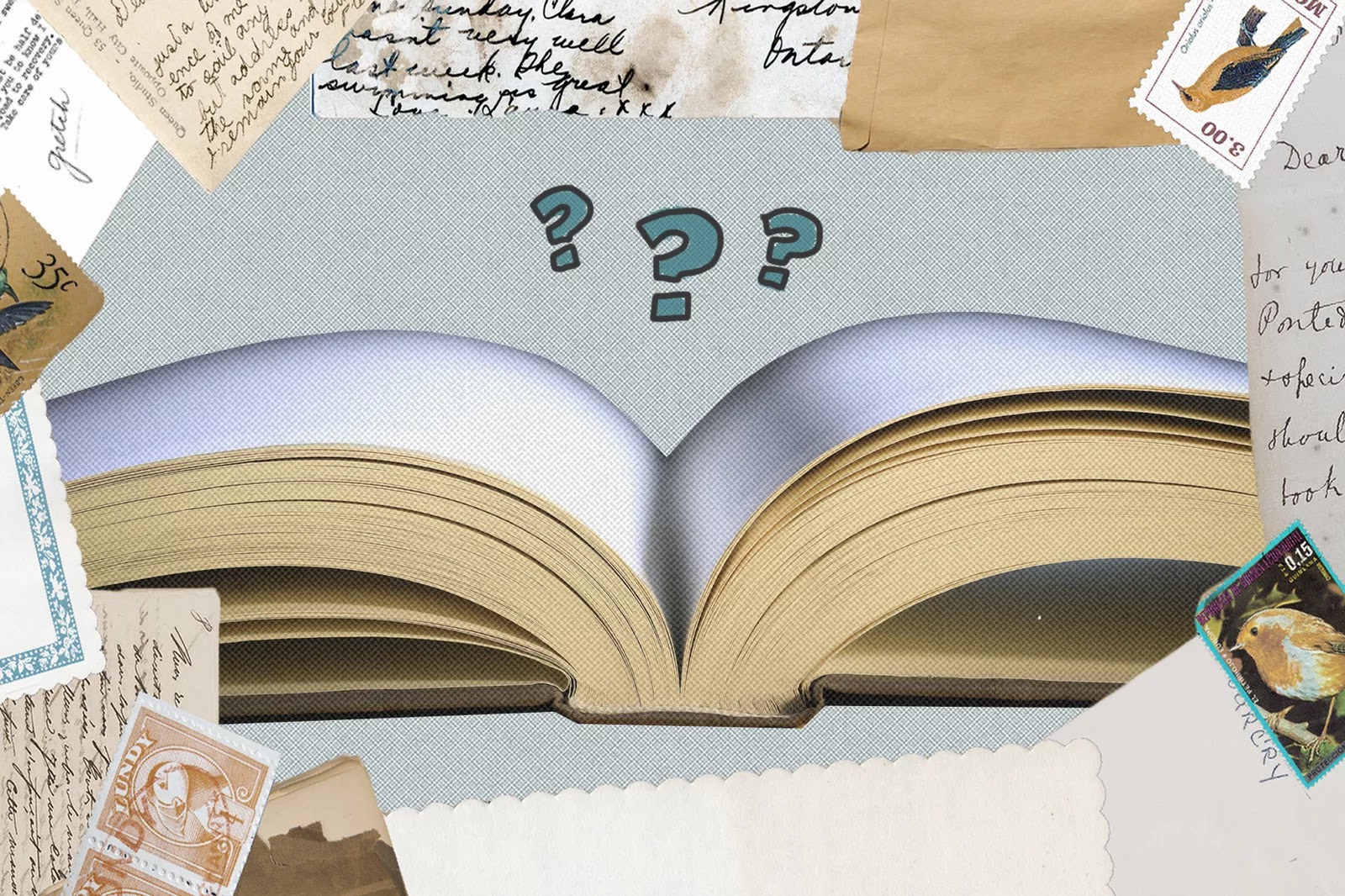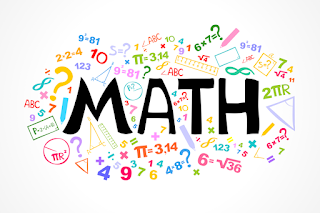This year I sadly could not make Burst and Bubbles in person due to health reasons. I did however record my presentation. I hope you enjoy my reflections on my 2022 inquiry.
This year we hoped that everything would go back to normal, but of course there is no sure thing as normal. Being a year 3 and 4 class most of us hadn’t experienced much normal school, school without lockdowns, masks and illness.
Our Teacher Mrs Carruthers was aware of this and particularly worried about the impact this had had on our learning, understanding and attitudes towards Mathematics.
Mrs Carruthers asked us what we thought about maths, she gave us a little test and looked at the data from the maths test we did on our ipads. She noticed our many strengths in counting and how lots of us had learnt cool things when we were learning at home.
She also noticed that we were not very confident or quick with recalling maths facts using them to solve problems.
Our teacher is a learner just like us and she wasn’t 100% sure of what to do.
She looked at research on her computer, she asked other teachers and thought really carefully about what would help us the most.
Mrs Carruthers had lots of cool ideas but time was not on her side. She gave us daily basic facts to work on and talked to us about them. She made sure we had opportunities to work with our friends when we were doing maths. She even helped us make some fun videos to practise our facts.
What helped me most with my maths was…
”Using my maths booklet every day, from there I practised division”
“My fun activities helped me learn my times tables by putting them into groups.”
"My teacher is she the best maths teacher, The maths in year 3 is harder and you made sure I understood."
Mrs Carruthers can see what we have learned a lot this year. She sees it in the way we happily join in in maths, the excitement we show for maths Kahoots, the way we can now use our basic facts and knowledge to solve problems and in our blog posts.
We know the changes we have made in our class helped us, the consistent practice of facts has been a big help to us. Mrs Carruthers and Room 23 are sure that it was our can do attitudes that made the biggest difference for us this year.















